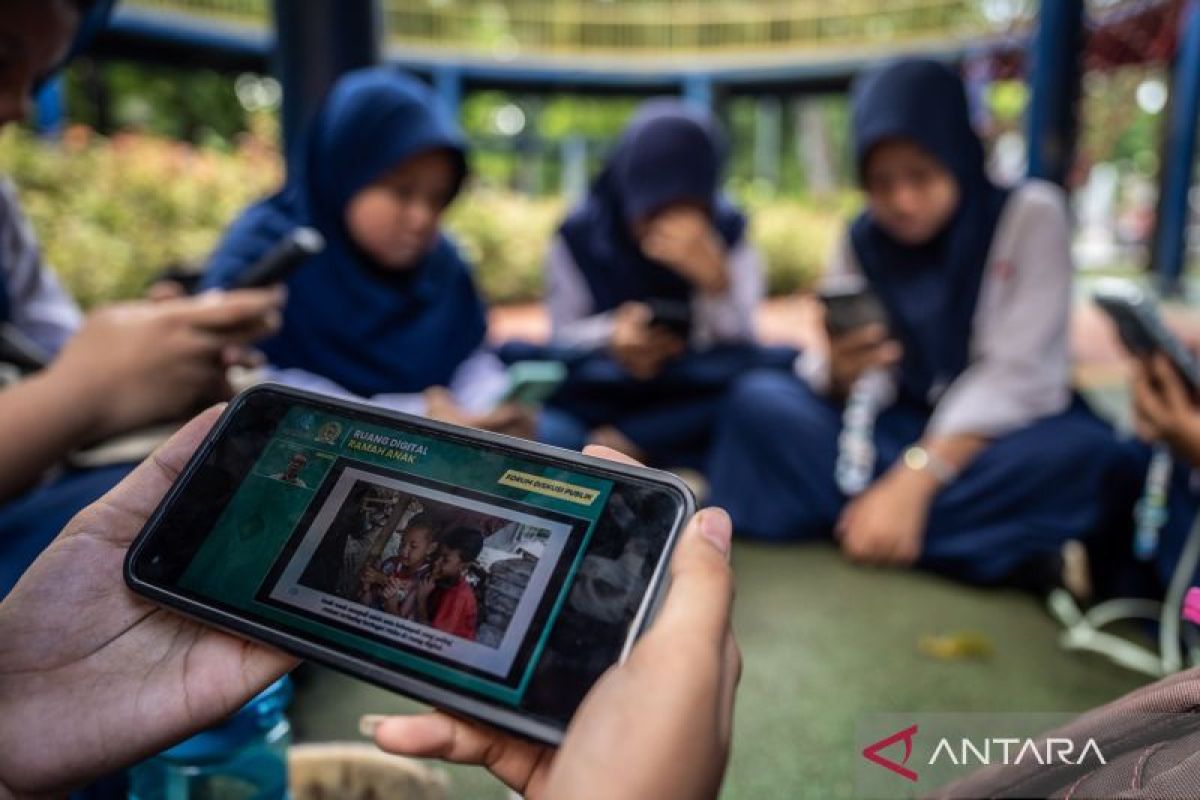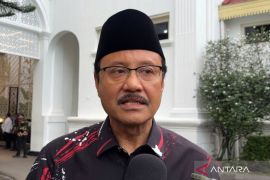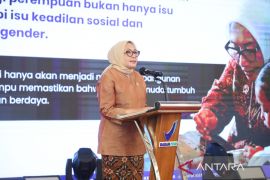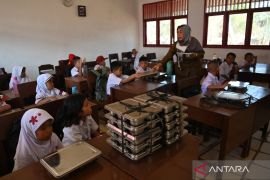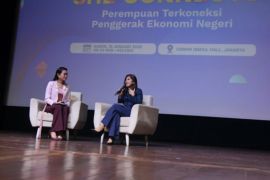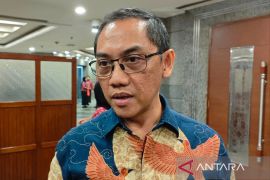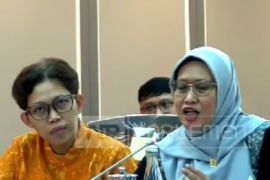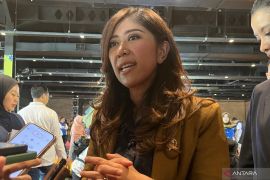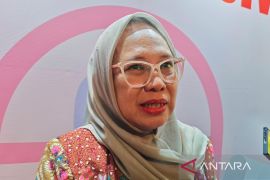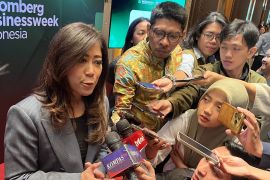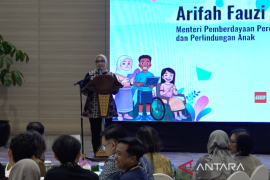"If we protect this 60 percent, then the whole digital ecosystem becomes good. We are sure that we can guide them to use the internet appropriately," she said on Friday.
Hafid highlighted rising concerns over child safety online, especially with increasing cybercrimes linked to digital platforms, including online games.
She stressed the government's commitment to working with the gaming industry to build a child-friendly gaming environment.
"Because if public trust is gone, then the game industry will also be impacted," she pointed out.
Hafid said such collaboration is necessary to monitor and improve content uploaded across social media, games, and other digital platforms.
She warned that failure to take action could heighten parents' anxiety, potentially leading them to restrict children’s internet access entirely, even though technology is crucial for digital literacy. She said children need safe and guided access to digital tools.
Hafid noted that several countries have adopted online child protection measures, citing Australia's decision to limit social media access for children under 16.
Indonesia uses a similar risk-based approach under Government Regulation Number 17 of 2025 on Electronic System Governance for Child Protection, known as PP Tunas.
The regulation allows children under 13 to access only low-risk platforms, while high-risk platforms are restricted until they turn 18.
"PP Tunas implicitly stressed that parents need to provide guidance, because we don't want our kids to lose themselves in keeping up with technology," she said.
Related news: RI launches affordable wireless internet to expand digital access
Related news: Indonesia targets 32 percent 5G network coverage by 2030
Translator: Farhan Arda Nugraha, Mecca Yumna
Editor: Anton Santoso
Copyright © ANTARA 2025
